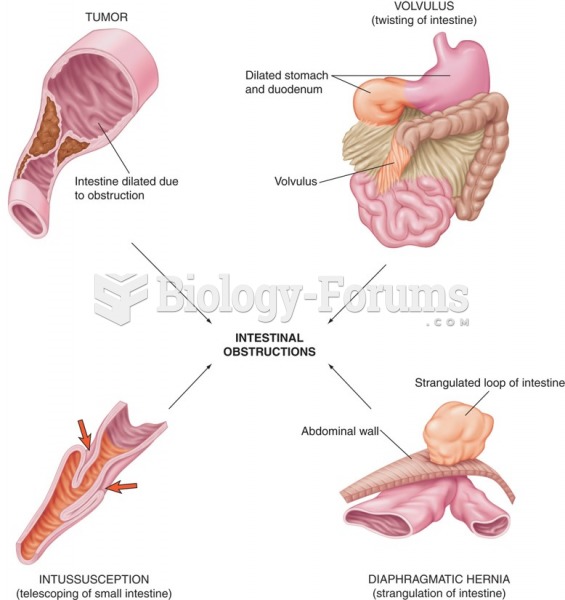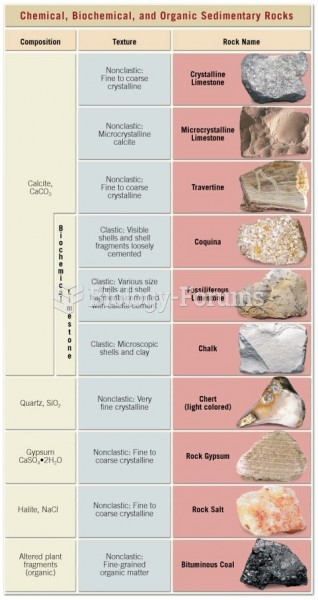|
|
|
Though methadone is often used to treat dependency on other opioids, the drug itself can be abused. Crushing or snorting methadone can achieve the opiate "rush" desired by addicts. Improper use such as these can lead to a dangerous dependency on methadone. This drug now accounts for nearly one-third of opioid-related deaths.
If all the neurons in the human body were lined up, they would stretch more than 600 miles.
The Romans did not use numerals to indicate fractions but instead used words to indicate parts of a whole.
Thyroid conditions cause a higher risk of fibromyalgia and chronic fatigue syndrome.
Famous people who died from poisoning or drug overdose include, Adolf Hitler, Socrates, Juan Ponce de Leon, Marilyn Monroe, Judy Garland, and John Belushi.







